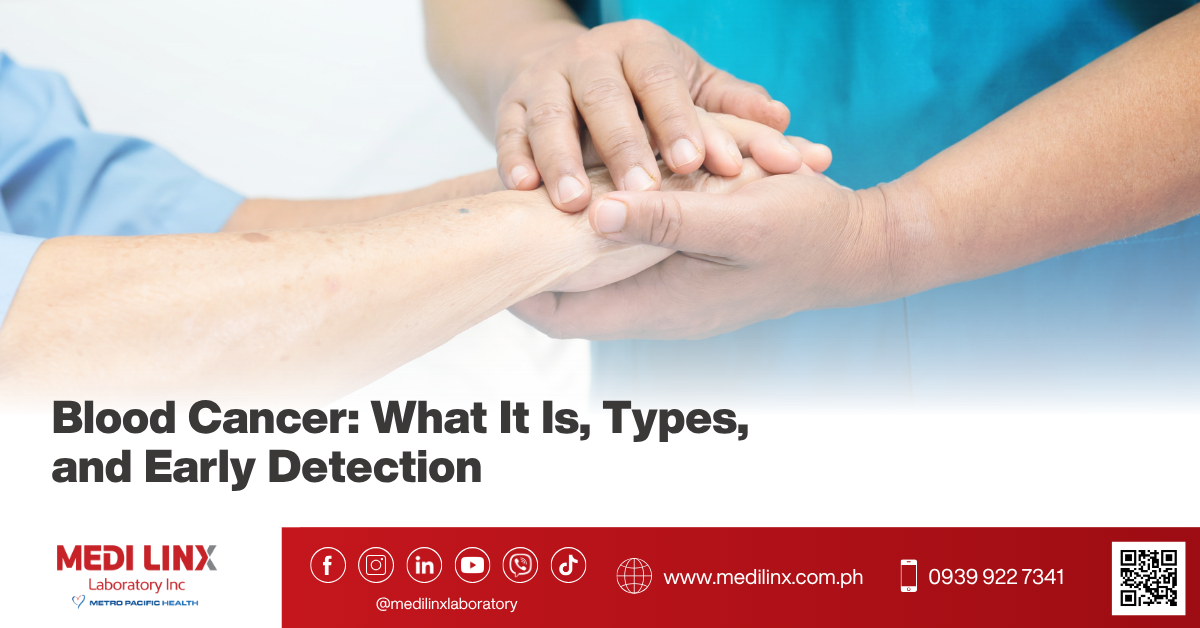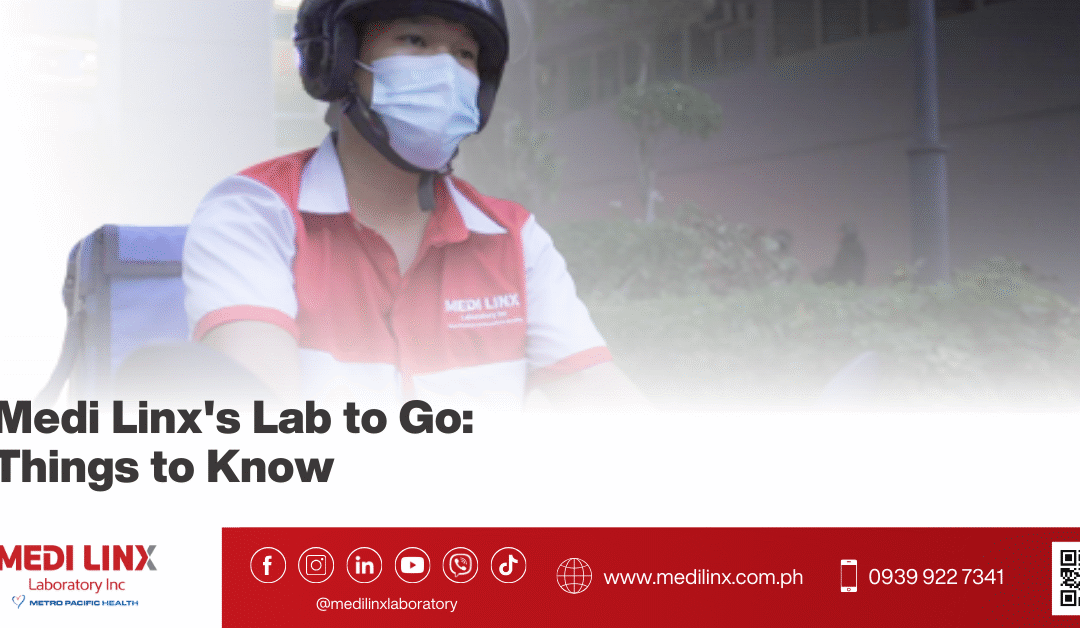September is Blood Cancer Awareness Month. It’s a time to turn our eyes to a group of diseases that affect millions of individuals and families across the world. This is an important reminder for early detection, education, and open conversations around blood health and the many forms of blood cancer.
Here’s everything you need to know to promote blood cancer awareness.
What is Blood Cancer?
Blood cancer begins in your blood cells. These cells—white blood cells, red blood cells, and platelets—are made in the bone marrow. It’s a soft, spongy center of the bones. When these cells change and grow out of control, they can form cancer. Some blood cancers develop slowly, not needing immediate treatment. However, others can spread quickly. These uncontrolled cells can move throughout the body and spread to your other organs.
That’s why it’s so important for people to have regular check-ups. Finding blood cancer early and getting the right treatment can stop it from causing more harm.
What are the Different Types of Blood Cancer?
Blood cancer is a general term for many diseases—a group of cancer that start in the blood, bone marrow, or the lymphatic system. The three main types include:
- Leukemia: This cancer typically begins in the bone marrow. It involves the uncontrolled growth of abnormal white blood cells, unable to fight infection properly and crowding out healthy blood cells. Leukemia can either be acute (fast-growing) or chronic (slow-growing).
- Lymphoma: This cancer affects the lymphatic system, a part of the body’s immune system. It starts in white blood cells called lymphocytes. Abnormal lymphocytes can form tumors often in the lymph nodes. Two main types are Hodgkin lymphoma and non-Hodgkin lymphoma.
- Myeloma: This cancer starts in plasma cells, a type of white blood cell found in the bone marrow. Plasma cells normally make antibodies to fight infections. In myeloma, abnormal plasma cells multiply, which damages the bones and weakens the immune system.
What are the Signs and Symptoms?
Signs and symptoms of blood cancer can vary and may be easily mistaken for other less serious conditions like the flu. This is why awareness is so important. Stay alert and look for these signs and symptoms:
- Persistent fatigue and weakness: Feeling tired all the time, even with enough rest.
- Unexplained weight loss: Losing weight without trying.
- Frequent or severe infections: Getting sick more often, or having infections that are hard to get rid of.
- Easy bruising or bleeding: Noticing bruises easily, having frequent nosebleeds, or tiny red spots on the skin (petechiae).
- Swollen lymph nodes: Lumps in your neck, armpit, or groin.
- Night sweats: Sweating heavily at night, even when it’s not hot.
- Fever or chills: Having fevers with no clear reason.
- Shortness of breath: Feeling out of breath more easily than usual, even without physical activity.
- Bone or joint pain: Aching or discomfort in your bones or joints.
- Feeling of fullness or discomfort under the ribs: This can be because of an enlarged spleen.
Detect Blood Cancer Early With Key Screening Tests
Detecting blood cancer early is vital to significantly improve treatment outcomes. Thanks to advancements in medical technology, there are key screening tests available to identify cancer signals even before symptoms appear.
One important test is the Serum Protein Electrophoresis. It helps doctors detect and measure abnormal proteins known as monoclonal components. This test is vital for diagnosing and monitoring conditions like multiple myeloma.
Another essential test is Immunofixation Serum, typically done in tandem with electrophoresis. It’s a test that provides a more specific analysis to confirm the presence of monoclonal components, especially those that might be hidden or difficult to identify with standard electrophoresis.
The Complete Blood Count (CBC) Test is also a helpful tool. A regular CBC measures the amount of red and white blood cells, as well as platelets in the blood. Any significant increase or decrease in these cells can signal various health conditions, including blood cancers.
FAQs
Why is early detection important for blood cancer?
Early detection helps improve treatment outcomes. Diagnosing the disease at an earlier stage allows healthcare providers to evaluate more effective and less intensive treatments that can potentially lead to better prognoses and higher chances of remission.
How can I support Blood Cancer Awareness Month?
You can support Blood Cancer Awareness Month by educating yourself and others about the disease, participating in awareness campaigns, donating blood or registering as a bone marrow donor.
Get Screened for Blood Cancer at Medi Linx
This Blood Cancer Awareness Month, make yourself informed and get screened. With fast and reliable results, your lab test from Medi Linx Laboratory will provide invaluable peace of mind. Contact us today to schedule your screening!




